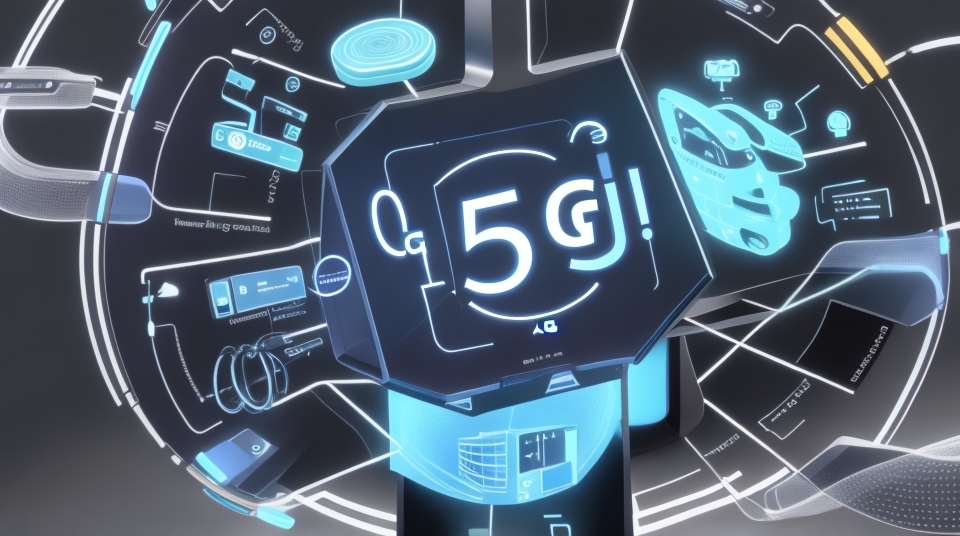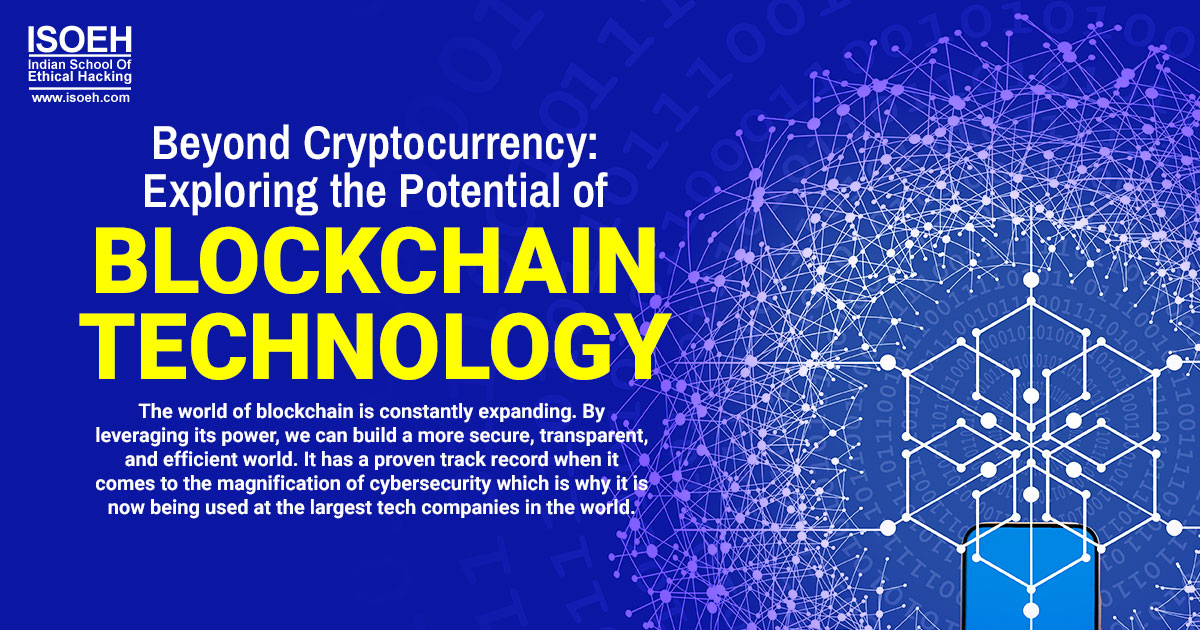
The Impact of 5G Technology on Mobile Communication
The advent of 5G technology has revolutionized mobile communication, transforming the way we connect, interact, and access information. This next-generation wireless network promises unprecedented speeds, low latency, and increased connectivity, poised to reshape the mobile landscape. In this article, we'll delve into the impact of 5G technology on mobile communication, exploring its benefits, applications, and future directions.
Key Features of 5G Technology
1. Faster Speeds: 5G boasts download speeds up to 20 Gbps, significantly faster than 4G's 100 Mbps.
2. Low Latency: 5G reduces latency to as little as 1 ms, enabling real-time communication.
3. Massive Connectivity: 5G supports up to 1 million devices per square kilometer, making it ideal for IoT applications.
4. Ultra-Reliable Communication: 5G ensures reliable communication for mission-critical applications.
Impact on Mobile Communication
1. Enhanced Mobile Broadband: 5G enables seamless video streaming, online gaming, and cloud computing.
2. Massive Machine-Type Communications: 5G supports the growing number of IoT devices, enabling smart cities, industries, and homes.
3. Ultra-Reliable Low-Latency Communication: 5G facilitates real-time communication for applications like autonomous vehicles, remote healthcare, and smart grids.
4. Immersive Technologies: 5G's high speeds and low latency enable seamless augmented and virtual reality experiences.
Applications and Use Cases
1. Smart Cities: 5G powers smart infrastructure, public safety, and transportation systems.
2. Industrial Automation: 5G enables efficient manufacturing, supply chain management, and predictive maintenance.
3. Remote Healthcare: 5G facilitates telemedicine, remote monitoring, and real-time consultation.
4. Autonomous Vehicles: 5G supports vehicle-to-everything communication, enabling safe and efficient autonomous transportation.
Future Directions
1. Edge Computing: 5G integrates edge computing to reduce latency and enhance real-time processing.
2. Network Slicing: 5G enables customized network slices for specific applications and industries.
3. Quantum Computing: 5G paves the way for quantum computing applications, such as optimized routing and encryption.
Conclusion
5G technology has revolutionized mobile communication, unlocking unprecedented speeds, low latency, and connectivity. As 5G continues to evolve, we can expect even more innovative applications, transforming industries and aspects of our lives. Embracing 5G's potential will be crucial in shaping the future of mobile communication and beyond.






